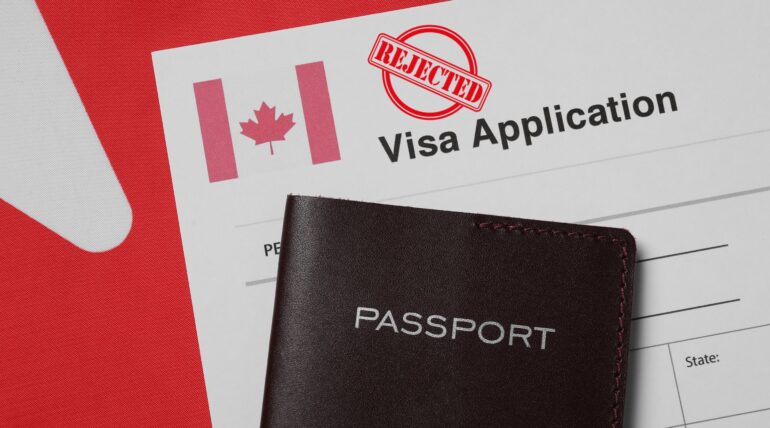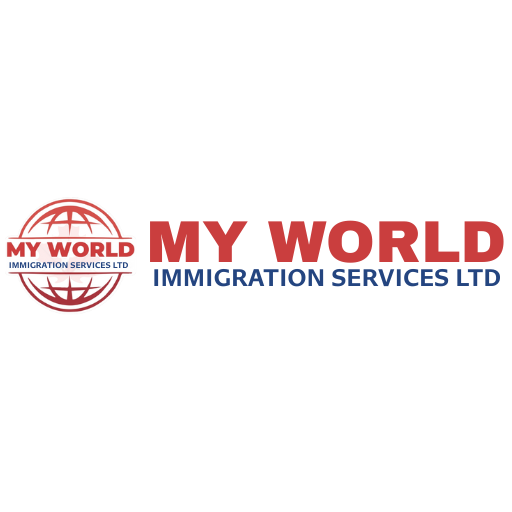
September 11, 2025
Why Visa Applications Get Refused (and How to Avoid It)
When it comes to Canadian immigration, refusals often have little to do with qualifications. In fact, many applicants who meet all the requirements are still refused.
The real reason?
Their application fails to tell a clear and consistent story.
At MyWorld Immigration, we’ve reviewed countless refused cases, and the same issues keep showing up — missing details, mismatched documents, wrong answers to statutory questions or incomplete explanations. To avoid these mistakes, we follow a simple but powerful 3-step approach that helps clients build stronger applications.
Step 1: Establish a Strong Narrative
A well-prepared immigration application must clearly address three fundamental questions:
- Why is this applicant qualified and suitable?
- Why is Canada the appropriate destination?
- Why is the timing of this application justified?
Equally important, the application must demonstrate that the applicant meets all the eligibility requirements for the program or permit being sought. When the story and the supporting evidence confirm that the applicant satisfies these requirements, the case becomes significantly stronger.
If the documents do not reinforce these points, the application may be perceived as weak, even if every form is completed. Immigration officers evaluate more than paperwork — they look for a coherent, credible, and well-supported narrative that proves both eligibility and intent.
Step 2: Align Evidence With the Narrative
Providing documents is not merely a matter of fulfilling a checklist — every piece of evidence must directly reinforce the applicant’s story and demonstrate eligibility. Strong applications connect proof with purpose.
For example:
- Financial documents such as bank statements should confirm sufficient funds to realistically support the applicant’s stay in Canada.
- Employment letters must accurately verify work history and clearly connect to the applicant’s future career or immigration pathway.
- Enrollment letters should validate the applicant’s academic plans while aligning with long-term professional or personal goals.
When supporting documents are consistent with the narrative and demonstrate that the applicant meets all program requirements, the application becomes more compelling, credible, and easier for immigration officers to approve.
Step 3: Eliminate Gaps and Inconsistencies
A leading cause of visa refusal is inconsistency or incomplete information. Even minor oversights can raise concerns about credibility. Common issues include:
- Incomplete timelines in travel, employment, or educational history.
- Unclear or inconsistent residential addresses.
- Omissions of past visa refusals or other relevant immigration events.
It is important to note that inconsistencies are not always intentional; they may result from overlooked details. Thoroughly reviewing and cross-checking all information ensures the application presents a seamless, accurate, and credible record, reinforcing the applicant’s eligibility and strengthening the overall case.
Real Case Study: How One Missed Detail Could Have Caused Misrepresentation
We once helped a client apply for a work permit extension. On the surface, their application seemed strong. But during our standard review, we asked detailed statutory questions especially about previous refusals. That’s when the applicant suddenly remembered that they had once done “flag-poling” while receiving their Post-Graduation Work Permit (PGWP).
This detail, if left out, could have caused misrepresentation — one of the most serious grounds for refusal in Canadian immigration.
We immediately updated the answers, corrected the record, and submitted a complete application. As a result, the client’s work permit extension was approved without issues.
The lesson? Even the smallest gap can put an application at risk.
The Big Picture
Immigration officers don’t just approve documents.
They approve applications that make sense — complete, consistent, and supported by a clear story.
At MyWorld Immigration, we make sure your application has:
✅ A strong story
✅ Evidence that connects
✅ Zero gaps
This approach doesn’t just reduce refusal risks — it gives you confidence that your file truly represents your potential.
Thinking of applying for a visa, study permit, or PR? Don’t let small mistakes ruin your chances. Let us help you tell your story the right way.
Contact MyWorld Immigration today:
+1-672-399-0000 | info@myworldimmigration.com
www.myworldimmigration.com
